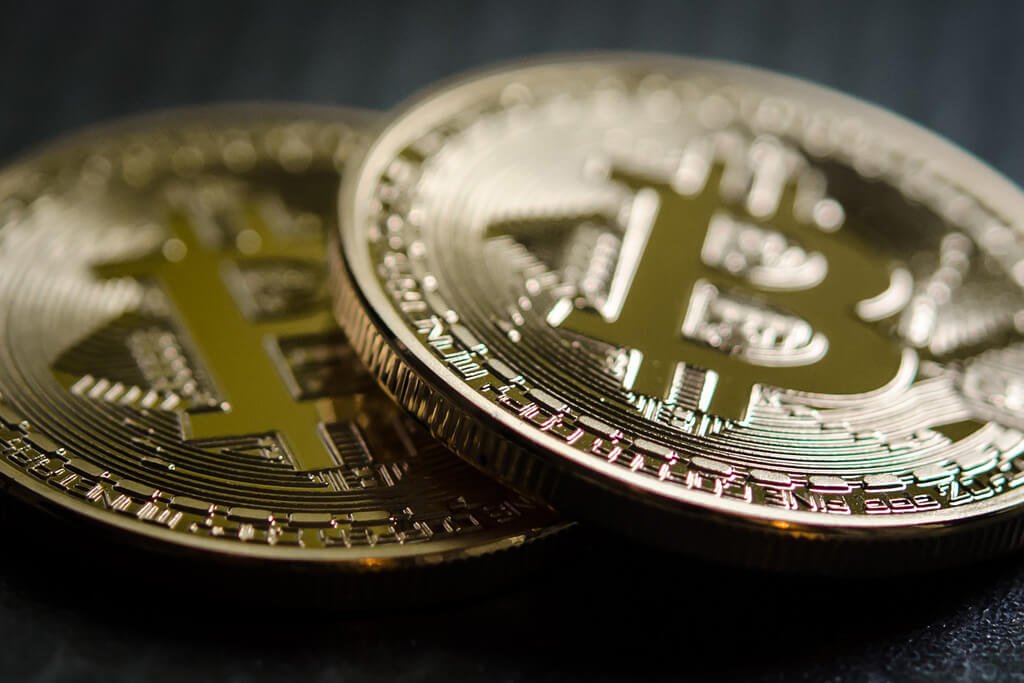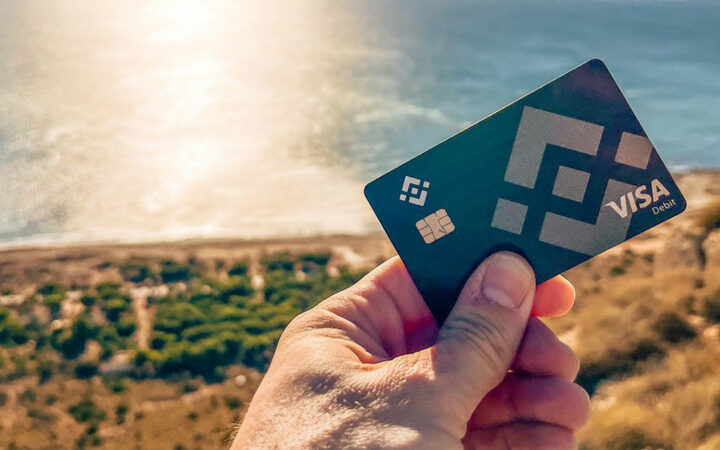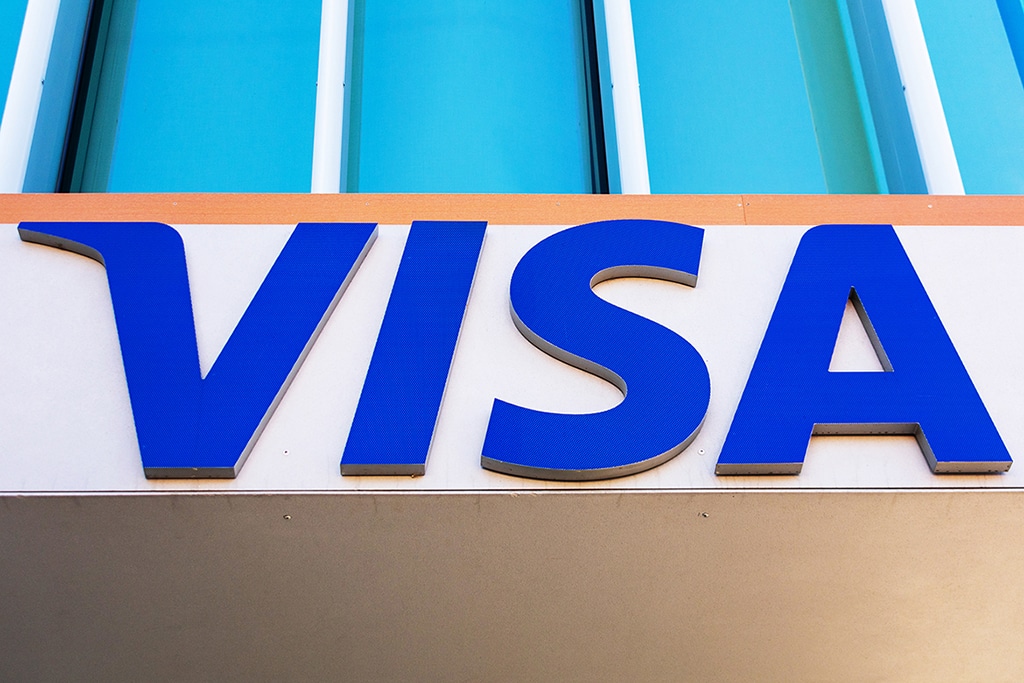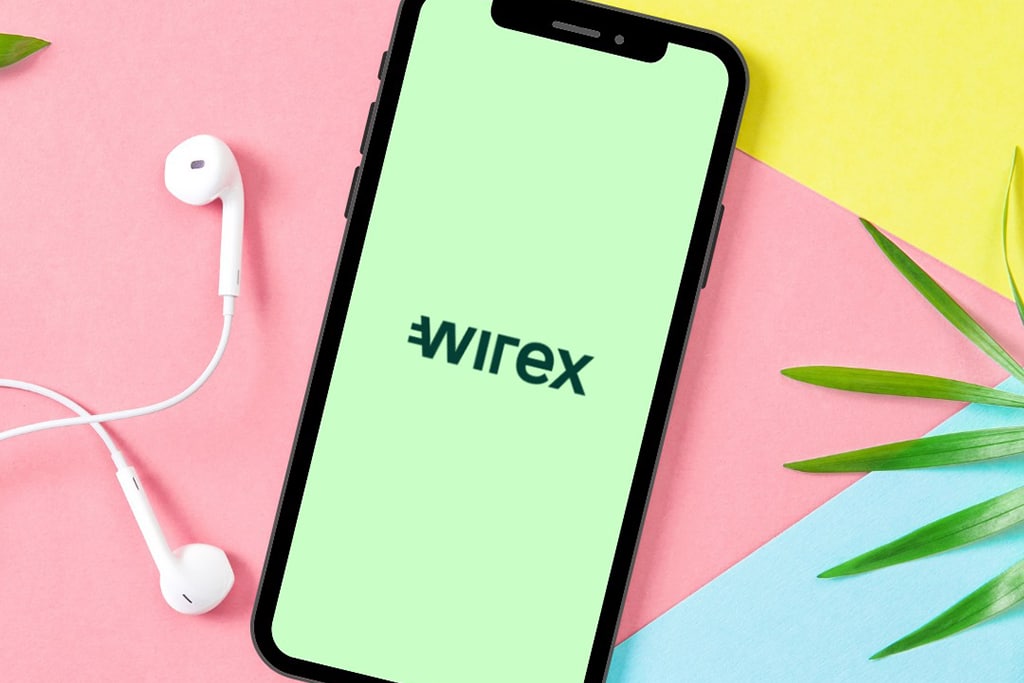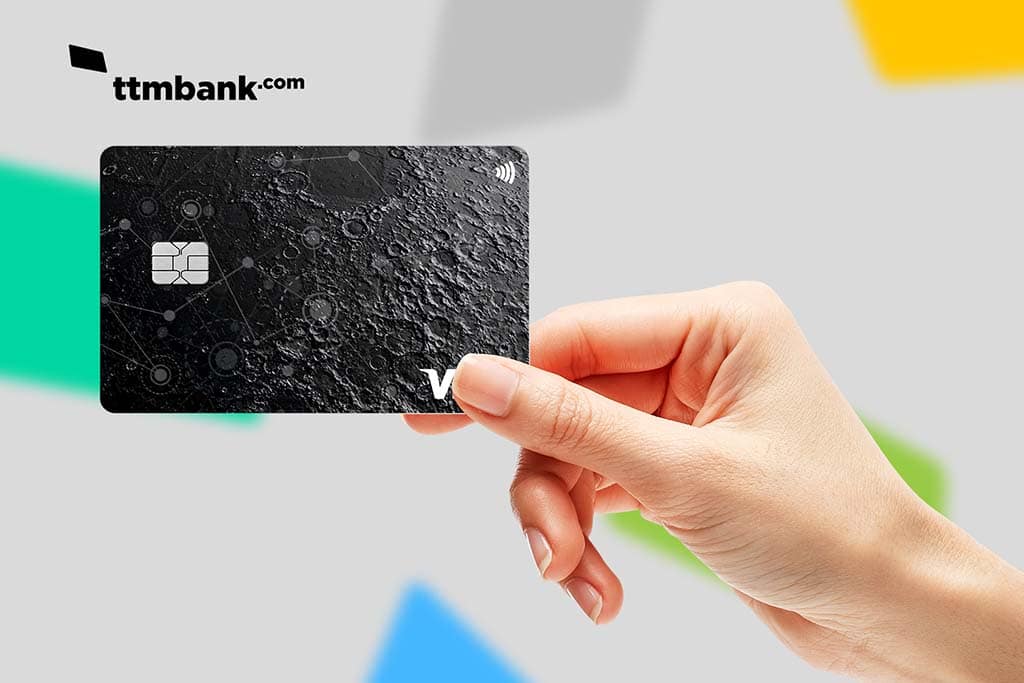
From buying a cup of coffee to purchasing a jacket, it is not easy to spend your crypto in the real world, be that online or at the local mall. Telling the merchant you have $30,000 worth of crypto at your fingertips in one of your digital wallets won’t help if that haven’t heard of Ethereum let alone have the facilities to accept it.
Precisely because of the slow adoption of crypto payments it is essential for those holding crypto to be able to interface with the fiat world in order to be able to realise the value of the virtual currencies.
The easiest way to escape from these Catch 22 problems is to get yourself a payment card that works with crypto, quickly converting your crypto funds on the fly into the fiat required by a merchant.
There are a fair number of options on the market to choose from but there was a hiccup for many cardholders when WaveCrest was kicked off the Visa network on 5 January, apparently because of its lax practices regarding anti-money laundering and Know Your Customer processes.
That was a rude reminder of the difficulties crypto businesses of all kinds have had, and continue to have, when it comes to dealing with, or accessing the services of, banks and mainstream payment networks.
The use-case for crypto payment cards has not gone away, despite the sudden withdrawal of Visa payment services from a host of crypto card companies. The affected start-ups have been scrambling to resume normal service.
Lack of Acceptance
As we know, most merchants don’t accept Bitcoin or Ethereum and certainly not the lesser coins and tokens, so the convenience of a card that seamlessly convert between fiat and crypto are in demand. Associated wallet services to securely store tokens and convert between them is also much sort after by crypto users.
So what are the crypto-friendly payment services available in the current marketplace?
Sadly in some cases customers will be joining a waiting list, depending on which geographical region you live in, while the various providers look to replace their card issuer following the WaveCrest mess.
It’s probably best to divide the offerings into two: the older card services that provide a more limited number of exchange options and the newer breed of card issuers that have a more extensive range of tokens and coins and allow exchange between tokens, and as such offer an alternative to altcoin exchanges.
In the former camp are the likes of Wirex and Monaco.
Monaco has four types of card and if you live in Asia you are in luck. For prospective customers in Europe and the US, however, you have to pre-register in the hope of getting your hands on a card at some point later this year.
Simply deposit crypto (Bitcoin or Ethereum), verify your identity and you are ready to spend. Monaco is on the Visa network and handles all the crypto-to-fiat conversion seamlessly, aiming to seek out the best exchange rates available. Cardholders are limited to $200 withdrawals from ATMs and up to $2,000 for interbank exchange.
You can get yourself higher withdrawal limits be electing to buy and hold the MCO token.
How do these cards make money? Usually by taking a cut of transactions, which in Monaco’s business model is 1.5 to 2%. There is also a cash back reward program worth 2% on purchases and paid in MCO.
Unlike Monaco at this juncture, Wirex has a card that is available right now in Europe. It too was hit by the WaveCrest debacle, with European customers losing service. In March customers in the European Union were again able to receive a card payment service. Customers can have either a virtual or plastic version of their card and a pre-paid Visa debit card is also available.
Wirex accounts are in GBP, USD, EUR and BTC. Wirex only accepts bitcoin deposits at this time. However, Wirex, which has a banking licence in the UK, has not got its card service back up in Asia, where in Japan it had a substantial user base. The Wirex physical cards are contactless.
Wider Crypto Asset Deposit Choices
Among the newer crypto card providers TenX and TokenCard standout, both offering a much wider selection of crypto assets that their customers can deposit and the possibility of exchanging between various crypto.
TenX also suffered in the WaveCrest fiasco but has since been able to secure the issuance services of German payments start-up Wirecard. TenX’s reward program is not as generous as Monaco’s at only 0.5% but it does provide wallets for Ethereum and Litecoin in addition to Bitcoin. Best of all, there are no transaction fees with TenX.
TokenCard in many ways is in a class of its own because it is the first to market with a crypto card provider that will let you deposit all ERC20 tokens. So in addition to Ethereum, tokens such as ICON (ICX), Tronix (TRX), AION (AION) and PowerLedger (POWR), to name a few, can all be deposited with TokenCard.
Uniquely, the TokenCard system does not just store ERC20 tokens – it can even be used to securely send funds to an initial coin offering and receive the token when the ICO closes.
TokenCard comes with a 1.5% transaction fee and 1% of the value of purchases is sent to a Contract Wallet in the form of the native TKN token. The TKN coins in the wallet can be redeemed by “burning”, which destroys the tokens and increases the value of the remaining tokens.
TokenCard makes spending your Ethereum-based crypto simple and painless and is probably going to be the best option for those of you with a harder of ERC20 tokens.
What Fits Best for You
All of the card providers have apps either planned or in operation, as you would expect.
Other providers include Cryptopay, which comes with a monthly fee but has a more generous ATM withdrawal limit of $400 than most, giving crypto holders plenty of options to choose from.
Your choice will be depend on factors such as the type of crypto assets you own, how often you plan to use the card, the withdrawal limits you would prefer and perhaps secondary concerns like annual or monthly service fees or costs involved in ordering physical cards which you might wish to avoid.
Despite the difficulties the sector has faced recently with WaveCrest, the number of new issuers is expected to grow, so keep an eye on the marketplace and don’t be afraid to switch to the card that suits your needs best as the competition hots up.

